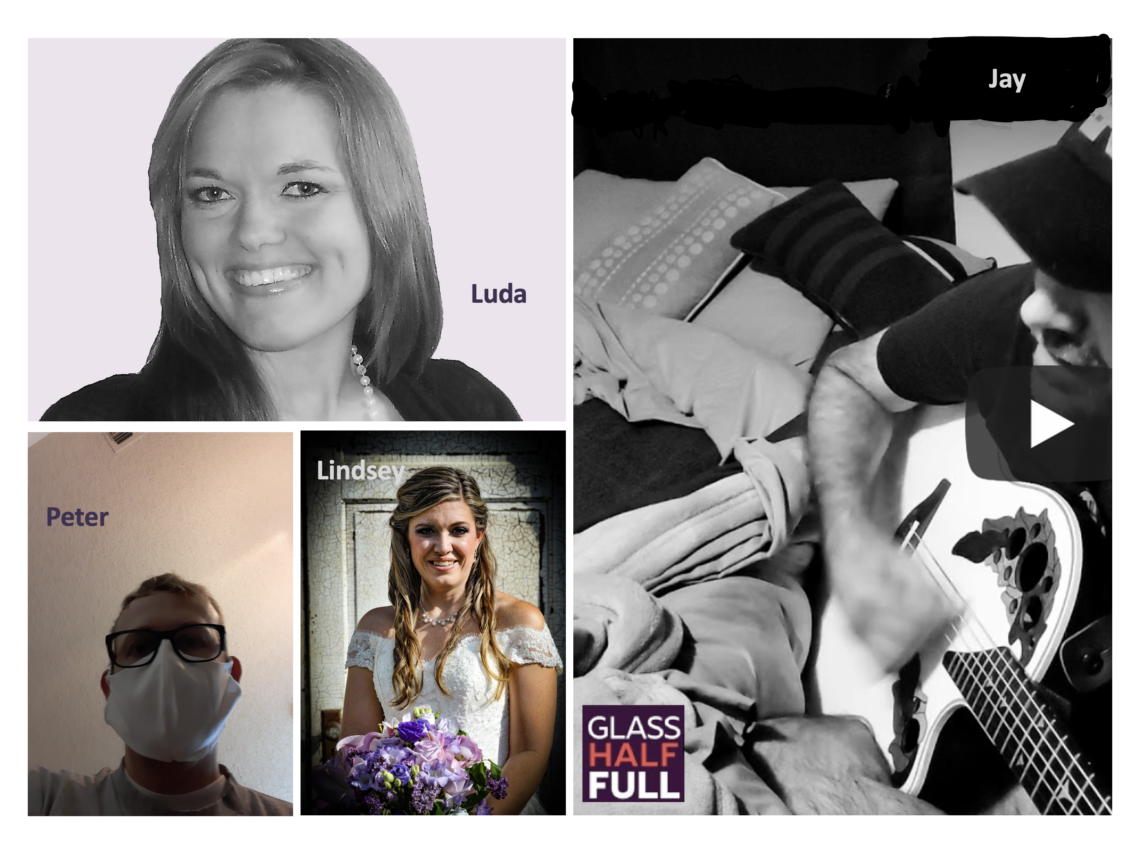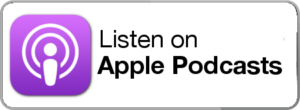Believe it or not, this episode has nothing to do with the recent U.S. election. We’re celebrating the 100th podcast episode of the Glass Half Full. But feel free to celebrate our right to vote…
October is Breast Cancer Awareness Month. Meet Susan Jeremy — Comic, Actress, Playwright, and Teacher — and breast cancer survivor. She’s also an old friend from my college days. We reminisce about way back when…as…
This is part 2 of a conversation with Dalia Kinsey, RD, LD, SNS. We talk about becoming our authentic selves, how trauma impacts our physical and emotional health, and the need for inclusivity and intersectionality…
Dalia Kinsey, RD, LD, SNS, chose to be a dietician because she wanted to help people prevent chronic disease; this was before receiving a diagnosis of Graves Disease, an autoimmune disorder that causes an overactive…
Are you feeling stressed out? With all that’s going on in the world — pandemic, civil unrest, job loss, hurricanes, wild fires — it’s difficult to avoid stress. Laughter therapy, or laughter yoga, might help…
What do you do as a patient with a progressive health condition that renders you unable to do certain tasks? Do you ask for assistance or find a work-around to accommodate for that situation? Once…
Featured are four people — with their own unique health conditions — that are coping and making the best of the quarantine and pandemic. Luda Gogolushko, who has SMA Type 3 and lives in Southern…
People with anxiety, autism, blindness or low vision, deaf and hard of hearing, mobility challenges, chemical sensitivities, or PTSD may face unique challenges visiting a dental office. Now with the additional barrier — the COVID-19…
That is me; I still have my hands, says the 4-year old girl after waking up in the hospital and being told by her mother that she had lost her legs. The little girl grew…
We’re not talking about your financial investments. How much of a health risk are you willing to take during the current pandemic? Do you wear a facial mask when you leave your home? Do you…


